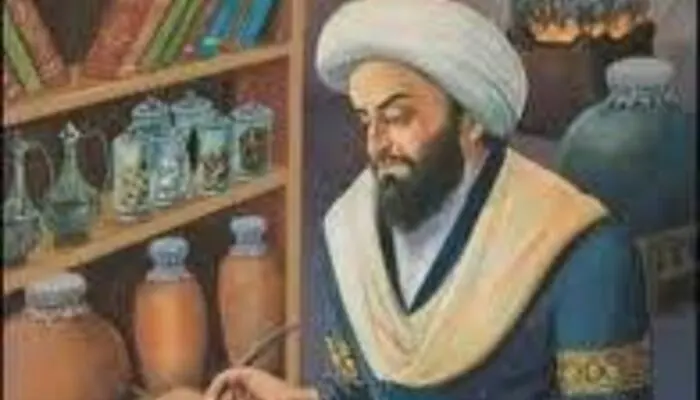
Many historical Muslim scholars made groundbreaking contributions to science, mathematics, medicine, astronomy, and other fields. Their work not only advanced knowledge in the Islamic Golden Age (8th to 14th centuries) but also influenced Western and global scientific development. Here are some of the most influential figures.
1. Al-Khwarizmi (780–850)
Known as the “father of algebra,” Al-Khwarizmi was a Persian mathematician and scholar whose book, “Kitab al-Jabr wal-Muqabala,” introduced the foundational concepts of algebra. His works were later translated into Latin, which significantly influenced European mathematics.
Read:YouTuber Dhruv Rathee Revealed Bollywood’s Decline
2. Ibn Sina (Avicenna) (980–1037)
Known as one of history’s greatest polymaths, Ibn Sina made contributions to philosophy, medicine, astronomy, and chemistry. His book “The Canon of Medicine” became a foundational text in European medical education for centuries.
3. Al-Razi (Rhazes) (854–925)
Al-Razi was a Persian physician and chemist who wrote numerous works on medicine and pioneered the use of experimental medicine. His encyclopedic work “Kitab al-Hawi” (The Comprehensive Book) was among the most influential medical texts of the Middle Ages.
4. Ibn al-Haytham (Alhazen) (965–1040)
Often referred to as the “father of optics,” Ibn al-Haytham made groundbreaking advances in the understanding of vision, optics, and scientific methods. His “Book of Optics” fundamentally changed scientific thinking about light and vision and influenced future scientists like Roger Bacon and Johannes Kepler.
5. Al-Biruni (973–1050)
Al-Biruni was a polymath who contributed to mathematics, astronomy, and geography. His work on calculating the Earth’s circumference was remarkably accurate, and he conducted studies on mineralogy and pharmacology. He also studied the Indian subcontinent, documenting its culture, language, and science.
6. Omar Khayyam (1048–1131)
Known both as a poet and a mathematician, Omar Khayyam made significant contributions to algebra and geometry. His work on cubic equations and his development of a calendar that was more accurate than the Julian calendar were notable achievements.
7. Ibn Rushd (Averroes) (1126–1198)
Ibn Rushd was a Muslim philosopher, jurist, and physician whose extensive commentaries on Aristotle bridged the philosophical worlds of Islam and the West. His works influenced both the Islamic and European intellectual traditions and were instrumental in sparking the European Renaissance.
8. Ibn Khaldun (1332–1406)
Often regarded as one of the earliest social scientists, Ibn Khaldun’s work in historiography, sociology, and economics was groundbreaking. His book “Muqaddimah” is considered a precursor to modern sociology, economics, and historiography.
9. Nasir al-Din al-Tusi (1201–1274)
A Persian polymath, Nasir al-Din al-Tusi made substantial contributions to astronomy, mathematics, and ethics. His work in trigonometry was especially influential, and he developed the Tusi couple, a mathematical device used to improve the Ptolemaic system and later influence Copernican theories.
10. Jabir ibn Hayyan (Geber) (721–815)
Known as the “father of chemistry,” Jabir ibn Hayyan’s contributions laid the foundation for modern chemistry. His work on distillation, crystallization, and other chemical processes greatly advanced experimental chemistry.
These Muslim scholars’ contributions helped establish a rich scientific and intellectual heritage that influenced both the Islamic world and Europe, often acting as bridges between ancient knowledge and Renaissance advancements.
Follow us on Google News, Instagram, YouTube, Facebook,Whats App, and TikTok for latest updates












